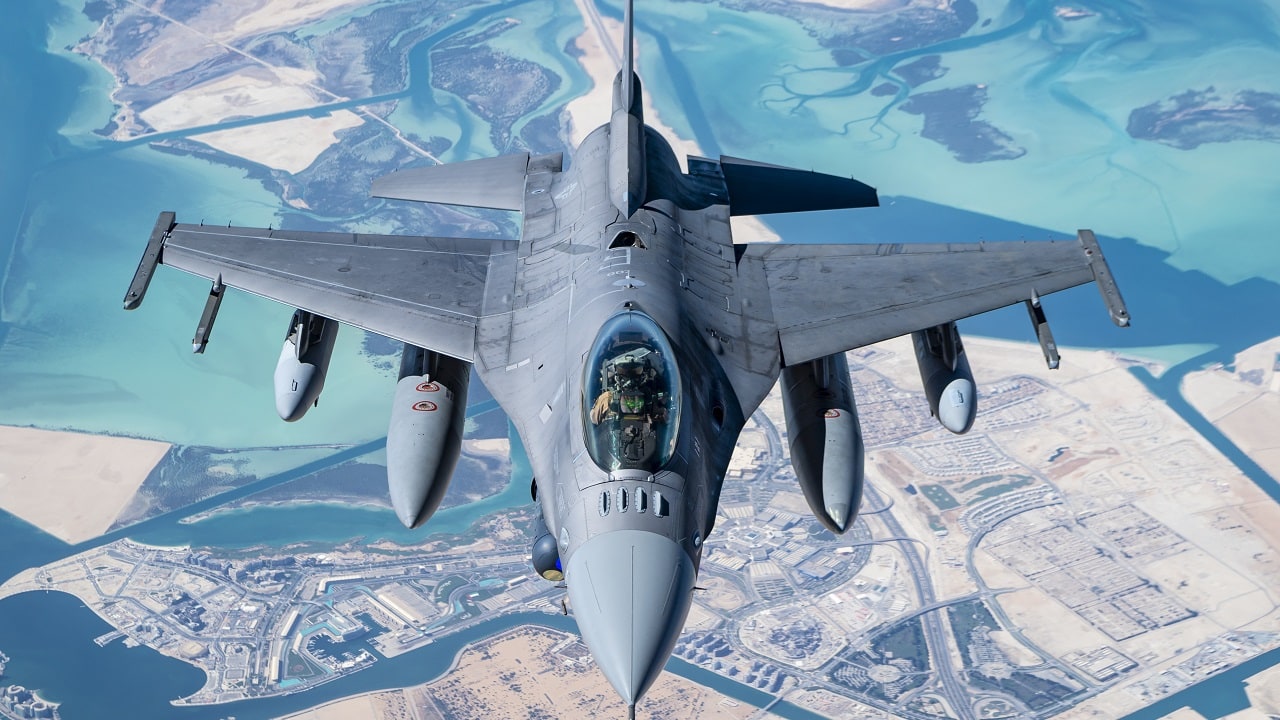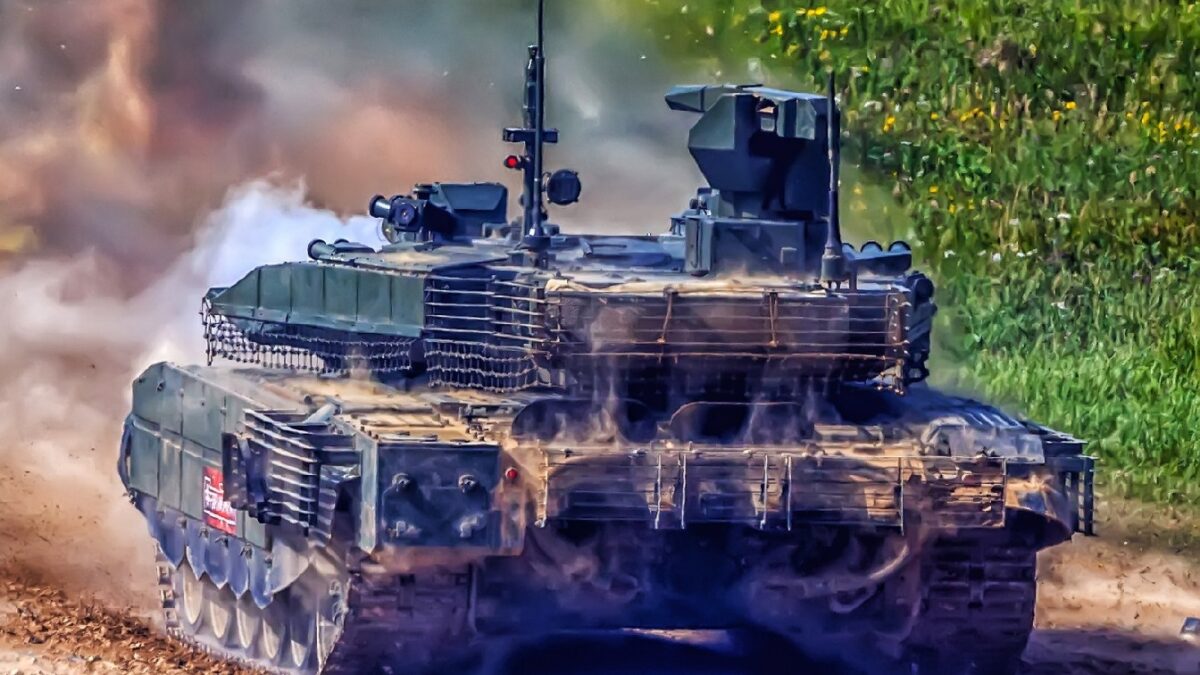
What would a Ukrainian victory look like, and is it achievable?
Seemingly demoralized by the ongoing Ukrainian offensive’s slow progress, many analysts have predicted that a Ukrainian victory is impossible.
Russia, so the argument goes, can hold its defensive lines indefinitely because its resources are greater than Ukraine’s.
Hence, a long-lasting war of attrition is unwinnable for Ukraine—as well as, possibly, for Russia.
Since a stalemate is unavoidable, negotiations should begin sooner rather than later. Neither side may get what it wants, but at least fewer lives will be lost.
Ukrainians roundly reject this scenario, while Russians generally endorse it, even if not openly. That’s significant, testifying to Ukrainian confidence that they can win and Russian uncertainty about their current capacities.
Naturally, both sides could be wrong, so a closer look at the reasoning outlined above is worthwhile.
Ukraine’s Offensive in Trouble? Not Exactly
Has Ukraine’s offensive stalled? Yes, but only if one measures progress in territorial gains, which, though not insignificant, have been modest. If, alternatively, one broadens one’s notion of progress to include Russia’s entire war-fighting capabilities—which include ammunition dumps, infrastructure, communications, fuel depots, and the like—then the answer has to be a resounding no.
Indeed, says Kallberg, having liberated the village of Robotyne, some 55 miles from the Sea of Azov, “the Ukrainians need to advance by a further … 7–10 miles, in order to range their guns on Russia’s east-west transport routes that are critical to the ability of its army and armed forces to fight.”
Kallberg’s conclusion is worth underscoring: “If Ukraine can interdict these road and rail links, it’s very hard to see how the Russian army can continue to fight.”
There is every reason to think that Ukraine’s General Staff shares Kallberg’s analysis, especially as they know that a large-scale frontal offensive of the kind impatient Western analysts and commentators would like to see would be suicidal without the air power the West has refused to supply.
Russia’s Resources: Greater Than Ukraine?
Are Russia’s resources—as measured in numbers of soldiers, armaments, etc.—greater than Ukraine’s? Well, of course they are, and they always were. And yet, as the failure of last year’s invasion showed, the quality and morale of the fighting forces, leadership, and equipment are arguably more important than sheer numbers. Ukraine demonstrated the truth of this proposition four times in 2022: when it stopped Russia at Kyiv’s doorstep when it forced the Russians to withdraw from Kyiv, Sumy, and Chernihiv provinces, and when it recaptured parts of Kharkiv and Kherson provinces.
Moreover, Ukraine’s resources aren’t all that matters. Western assistance to Ukraine has been of immense importance and to no small degree accounts for Ukraine’s ability to liberate about half the territory seized by Russia in the months immediately after the attack. The West’s resources aren’t infinite, and its willingness to provide them may also be limited, but the West could, if it wanted, ensure a Ukrainian victory.
Can Russia Fight Forever?
Finally, can Russia fight indefinitely?
Well, yes, if one simply looks at the numbers. With a population of about 140 million, Russian casualties appear tiny. But numbers, again, aren’t all that matters. Will Russian men continue to go blindly to their deaths? Will the Russian population tolerate indefinitely such a self-slaughter? Will Russian elites?
After all, the elites know that this is Vladimir Putin’s war. His position, as both the Prigozhin Mutiny and his seeming demise have demonstrated, is shaky at best. Will Russia continue to fight if Putin dies or is killed? Just asking these questions suggests that the answers are anything but obvious.
What Does Victory Look Like for Ukraine?
What, then, would a Ukrainian victory look like? The minimum would be a withdrawal of Russian forces from the territories it occupied in 2022. The maximum would be a complete withdrawal of the territories Russia seized in 2014—the Crimea and Donbas. Both scenarios would have to entail Russian reparations, which could be as high as $3 trillion, the continued Western armament of Ukraine, some form of security guarantees, and serious movement toward European Union and NATO membership.

Would Russia agree to such terms? If it loses the war, yes: it would have no choice. If Putin is deposed and a more or less pro-Western coalition succeeds Putin, then also yes: Russia would want durable peace.
To repeat: Ukraine can win, but only if the West lets it win. A Ukrainian victory would obviously enable Ukraine to rebuild, but it would also provide Russia with a historic opportunity to abandon fascism and imperialism and take a serious stab at democracy.
No comments:
Post a Comment